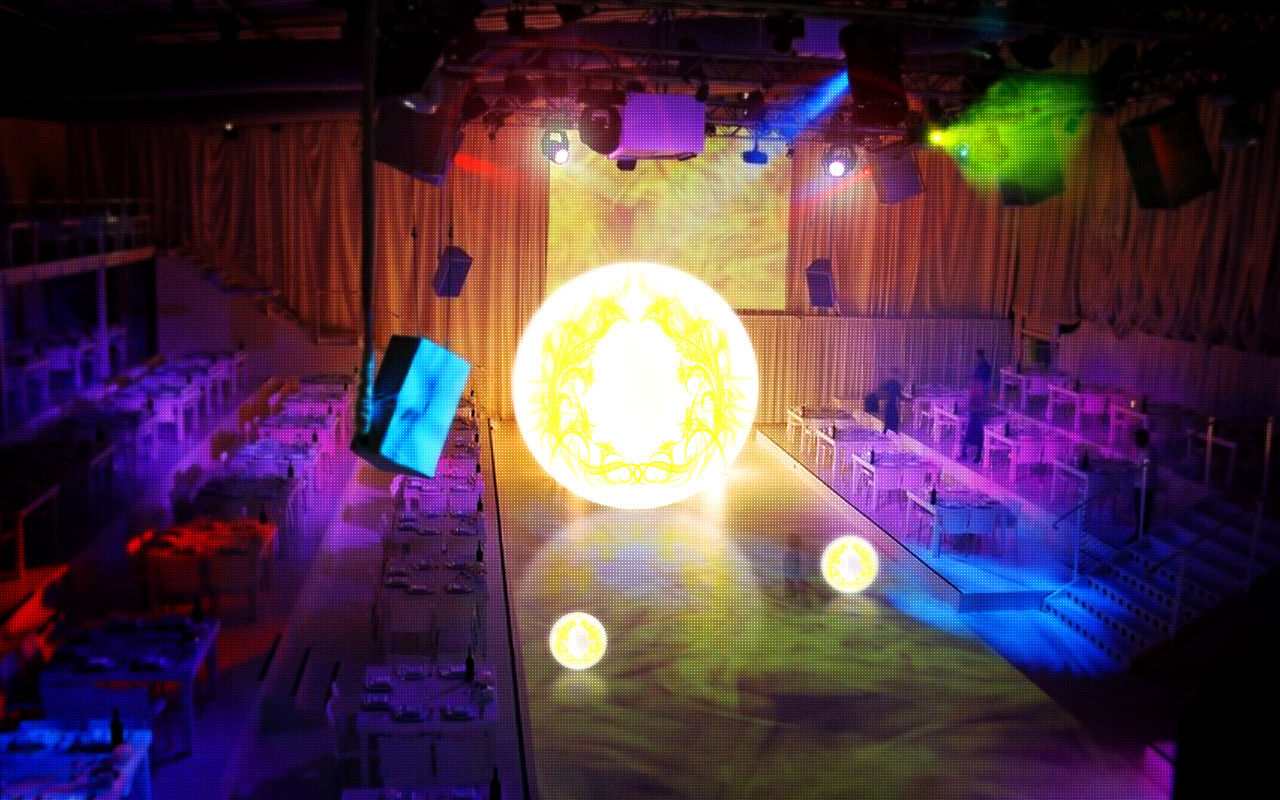
Composing Gloves

Must Know Music Theory
If you intend to create music then music theory should be on your list of must know stuff, but how much music theory is enough to really get creative? Well, it depends on what you want to do. If you intend to go full on jazz or classical then more advanced theory should be on your list and schooling should be considered, but if you're the new person who just wants to know enough to get started, then this is for you. I totally encourage higher levels of learning, but I also understand the desire to know just enough to get going and relying on your ear for the rest.
This list goes in order:
-
Learn where notes fall on the staff for bass clef and treble clef and on the piano. Just look up any beginner video. They will give you all the info you need.
-
Learn note values and how they fit in the musical staff. This will allow you to learn rhythms.
-
Learn to count rhythms aloud using a "count-chant" method. You will become much more versed in how to quickly read music. Its nearly impossible if not completely impossible to learn to read music you have never heard before if you cannot do this, let alone write your own rhythms with some degree of knowledge!
-
Learn the structure of the Major Scale. This is very, very important. It will haunt you forever if you don't learn it.
-
Learn all the interval distances in the chromatic scale and how to identify them in size and quality.
-
Learn the formulas for the 3 main minor scales. (natural, melodic, and harmonic)
-
Learn the major, minor, diminished and augmented chords relative to a tonic.
-
Learn basic cadences.
-
Simple song structure.
That's about it! Once you get to cadences you will be able to piece scalar melodies through your chords, and if there is a wrong note you will be able to easily identify it. Of course more knowledge and learning is always a great idea.
I highly stress learning the keyboard/piano as you go through this process. It will be a HUGE aid for visual, kinesthetic, and auditory learning. Seriously, good luck learning this stuff without learning piano. Guitar works well too but it's not set up as good as piano is for learning theory.
Hope I gave you a solid base for your pursuit of music theory and I hope it makes your compositions way better!